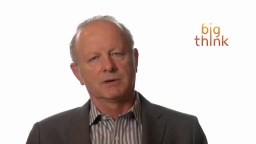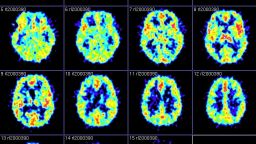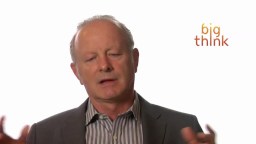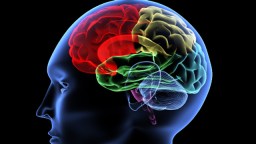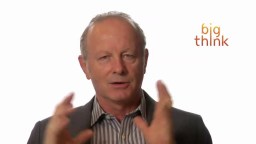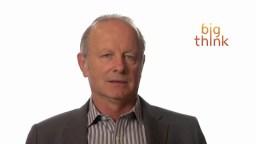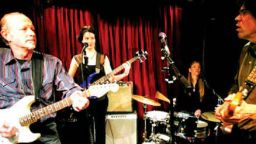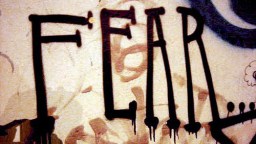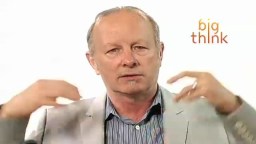Joseph LeDoux
Professor of Science and Director Emotional Brain Institute, NYU
Joseph LeDoux is a professor and a member of the Center for Neural Science and Department of Psychology at NYU. His work is focused on the brain mechanisms of emotion and memory. In addition to articles in scholarly journals, he is author of "The Emotional Brain: The Mysterious Underpinnings of Emotional Life" and "Synaptic Self: How Our Brains Become Who We Are." He is a fellow of the American Association for the Advancement of Science, a fellow of the New York Academy of Science, a fellow of the American Academy of Arts and Science, and the recipient of the 2005 Fyssen International Prize in Cognitive Science. LeDoux is also a singer and songwriter in the rock band, The Amygdaloids.
Professor LeDoux is a Big Think Delphi Fellow.
The neuroscientist recounts some of the breakthroughs that have come out of his world-renowned lab.
▸
5 min
—
with
Some rats are naturally more fearful than others. The neuroscientist’s current research focuses on what these outliers can tell us about the psychopathology of fear in humans.
▸
3 min
—
with
Animal studies allow neuroscientists to study the brain at the level of individual neurons, unlike human brain-imaging studies.
▸
1 min
—
with
The amygdala is responsible for implicit memories, but these are different from what Freud called the unconscious.
▸
3 min
—
with
The neuroscientist gives a short primer on the brain’s emotional processor.
▸
6 min
—
with
A conversation with the neuroscientist.
▸
20 min
—
with
The Amygdaloids’ “Mind over Matter” appears on the band’s newest album, “Theory of my Mind.”
▸
3 min
—
with
Joseph LeDoux talks about his band, the Amygdaloids, whose songs are about the mind and brain.
▸
12 min
—
with
When you have a phobia about something you don’t understand, it could be from an experience you’ve had in the past.
▸
5 min
—
with
The neuroscientist researches how memories of fearful situations are often altered at the point of retrieval.
▸
11 min
—
with
A conversation with the NYU neuroscience professor.
▸
31 min
—
with
